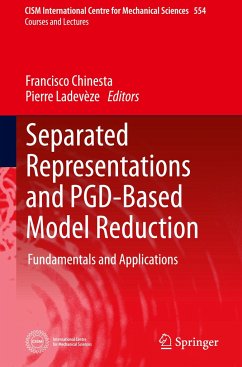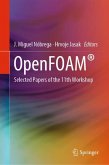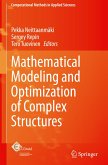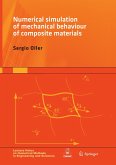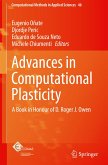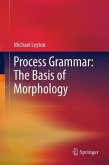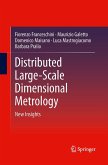The papers in this volume start with a description of the construction of reduced models through a review of Proper Orthogonal Decomposition (POD) and reduced basis models, including their mathematical foundations and some challenging applications, then followed by a description of a new generation of simulation strategies based on the use of separated representations (space-parameters, space-time, space-time-parameters, space-space,...), which have led to what is known as Proper Generalized Decomposition (PGD) techniques. The models can be enriched by treating parameters as additional coordinates, leading to fast and inexpensive online calculations based on richer offline parametric solutions. Separated representations are analyzed in detail in the course, from their mathematical foundations to their most spectacular applications. It is also shown how such an approximation could evolve into a new paradigm in computational science, enabling one to circumvent various computationalissues in a vast array of applications in engineering science.
Bitte wählen Sie Ihr Anliegen aus.
Rechnungen
Retourenschein anfordern
Bestellstatus
Storno

